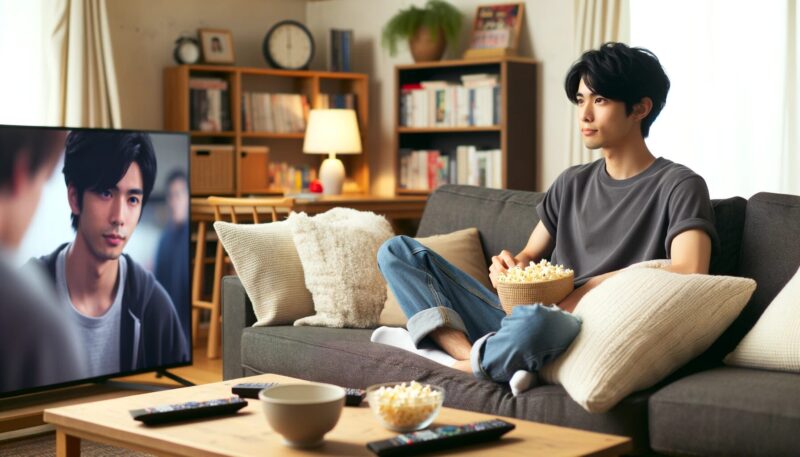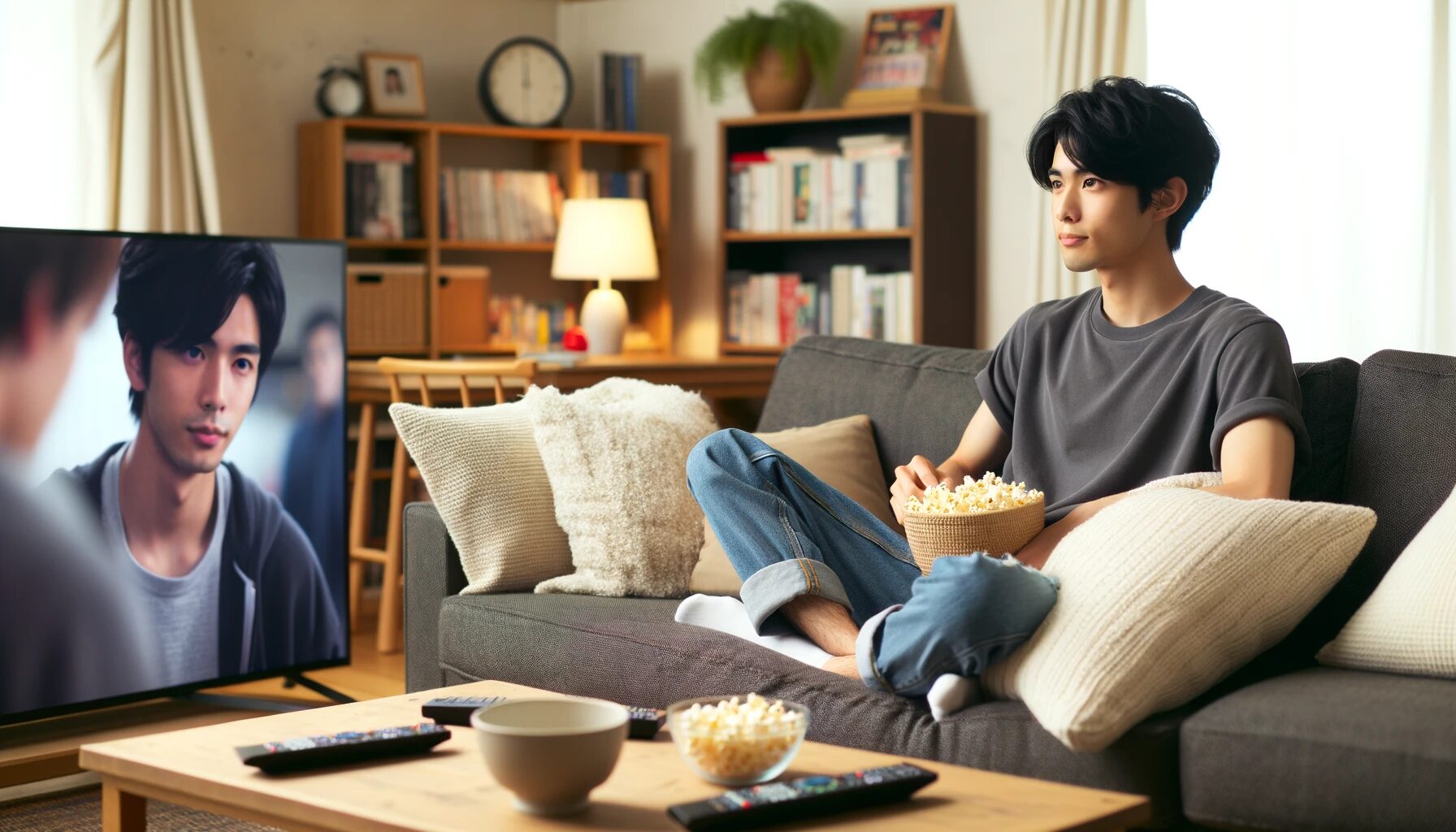What is Posture in Psychology?
Posture is not just about how we hold our bodies; it plays a significant role in psychology, impacting how we think, feel, and interact with the world around us.
This psychological aspect of posture influences both our internal states and our social interactions.
Posture and Internal States
How we position our bodies can affect our emotional and mental states.
For instance, slouching may correlate with feelings of sadness or low confidence, while standing upright can enhance self-esteem and alertness.
Research indicates that adopting certain postures can trigger corresponding emotional states, linking physical posture directly to our mood and mindset.
Posture in Social Interactions
Beyond its internal effects, posture also plays a crucial role in social psychology.
How we sit, stand, and move can influence how others perceive us.
For example, adopting a confident posture with open arms and straight shoulders can convey approachability and self-assurance, affecting social dynamics and communication.
Cultural and Societal Influences
The interpretation of posture can vary across different cultures and societies.
What is considered confident in one culture may be interpreted differently in another.
Thus, understanding the cultural context is essential when analyzing the psychological impact of posture.
Conclusion
Posture holds significant importance in the realm of psychology, affecting both our internal emotional states and our external social interactions.
By understanding and leveraging the psychological implications of posture, individuals can improve both their mental well-being and their relationships with others.

Example from My experience!

A Day in My Life
As a graduate student, I balance my academic pursuits with leisure activities, often shifting between different postures throughout my day.
This is a reflection of both my internal states and the varying nature of my activities.
Standing to Work
For me, standing while working is a way to maintain focus.
Whether I’m working on research, writing a paper, or reading academic materials, staying on my feet helps me to stay alert and engaged.
It also provides a sense of accomplishment, as I can switch between tasks easily without feeling fatigued or sluggish.
Sitting to Relax
In contrast, when it’s time to unwind, I find myself sitting down, particularly when watching a movie or reading for leisure.
This change in posture not only signifies a shift from work to relaxation but also provides physical comfort, allowing me to relax and enjoy the moment fully.
It’s a way of separating the work mindset from leisure, helping me to strike a balance between productivity and relaxation.
Conclusion
Throughout my day, I transition between standing and sitting, reflecting the different states of mind and activities in my life.
This balance helps me to maintain both my academic productivity and my personal well-being, demonstrating the intricate relationship between posture and psychology.

This article uses material from the Wikipedia article “Posture in Psychology” which is released under the Creative Commons Attribution-Share-Alike License 4.0. Additionally, the texts and images were generated using ChatGPT.

